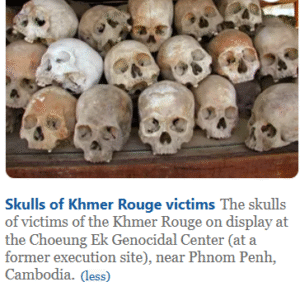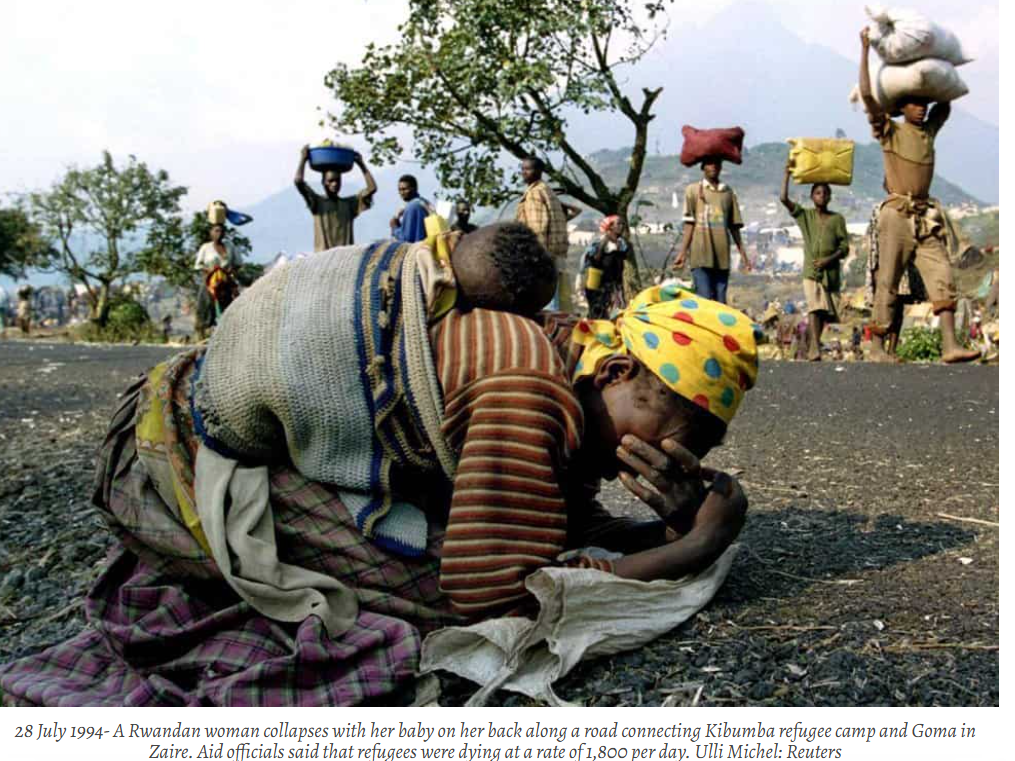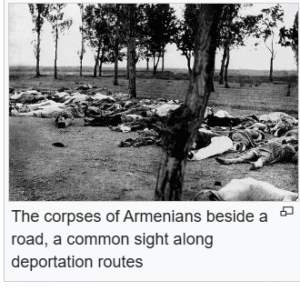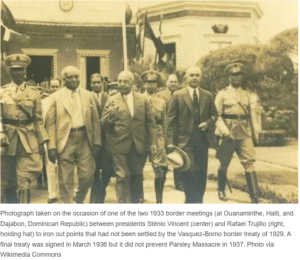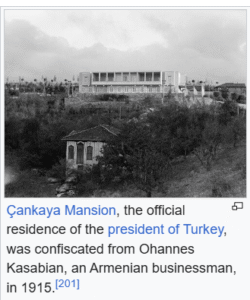A ceremony marking 31 years after the Rwandan Genocide and organised by the Rwandan community of Southern England.
My curiosity outweighed the fatigue which had me in a chokehold. So in spite of what my body was saying, I defied it and went. Then left before it ended.
Meanwhile, one of my core values is Adventure. And imbued inside adventure is History. History for me is all about peoples, cultures, civilisations, languages, artifacts, monuments and everything which makes them different or similar to me.
And wherever there is any form of history, my soul unwittingly drags my body along.
Therefore, I allowed my my adventurous soul drive me to the Rwandans. The hope was to meet a survivor. And that was how I glued to my seat trying to block out Lillian’s story.
A survivor who watched her entire family, in addition to her uncle’s family, brutally slaughtered. She recounted gory details as she intermittently paused to wipe off tears.
Listening to Lilian was like replaying in technicolour every story I know, of a genocide. That period in time when brothers jettison their sensibilities and turn against brothers. When the real stuff that men are made of, escapes the restraints of civility.
A time when your next door neighbour could stick out their neck for you. Or gladly bring the enemy to your hiding place. In the case of Lillian, their neighbour Rosa who lived across their house chose to side with the killers.
Historically, the blame for genocide have remained the same – a brother feels intimidated by his brother.
“He goes to complain to another brother who retorts; “How about we take him out from the scene, then we could split his slice amongst us”
And from biblical Cain till date, men have continued to wipe out the brother they consider a threat.
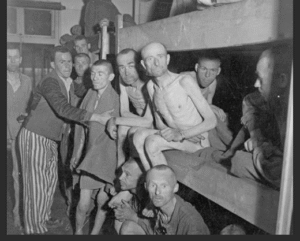
I recollect as an enthralled teenager, lying on my bed while trailing the Israelites through their adventures. I paused repeatedly over that first genocide. The Ephraimites Shibboleth genocide of Judges 12 was senseless.
Yet, thousands of years later, another agrarian society would deploy the same method to kill their brothers in Operation Parsley. The Dominicans of Santo Domingo considered their Haitian brothers across the river in Saint Domingue intimidating. And spurred on by the louder voices of dissension, they replayed God by turning the river red with blood.
Be it the Ottoman targeted massacre of the Armenians, Assyrians or Greeks, the Nigerian systemic extermination of the Biafrans, Stalin’s Holodomor in Ukraine, the Nazi Holocaust, the Nigerian Odi massacre, Plateau killings, Southern Kaduna exterminations amongst others, the Cambodian Pol Pot or the Bangladeshi killings of 1971.
The method remains the same.
No matter the externals of colour, creed, belief, tribe or tongue, one constant thread showed up all through each senseless fight – red blood flowed out of the cuts.
So it was that my heart cracked as she shared the shame of a mother. When her mother refused to meet her eyes after they met at the captor’s base. Both women had been raped repeatedly and were in tatters. I could understand her mother opting for death over living.
Her narration of the dogs coming to tear the bodies of her relations as she hid in the tree was traumatising. Sniffles, wiping of eyes and hugging transpired around the hall.
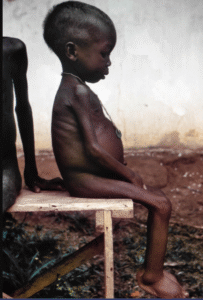
In her story, I heard the haunted voice of every survivor. They retain their memories of the good times before the senseless deaths. The betrayals of former classmates, friend or neighbour turning collaborator. Their gratitude for a random stranger who stepped up. And the joy of a new life does not stop them reminiscing over the loss, the destitution, the forced relocation, the fear, the rapes, lootings etcetera
They all reiterate the same slogan – survival has its burdens
Nonetheless, in 2025, we still have the strains of hatred floating across the world. Wherever we look is a race which seems to have forgotten.
Emotionally weary, I left the building reciting Rudyard Kipling’s Lest We Forget. Even though my mind began to dredge up Goerg Hegel’s quote of;
Discover more from amarannajiwrites
Subscribe to get the latest posts sent to your email.

